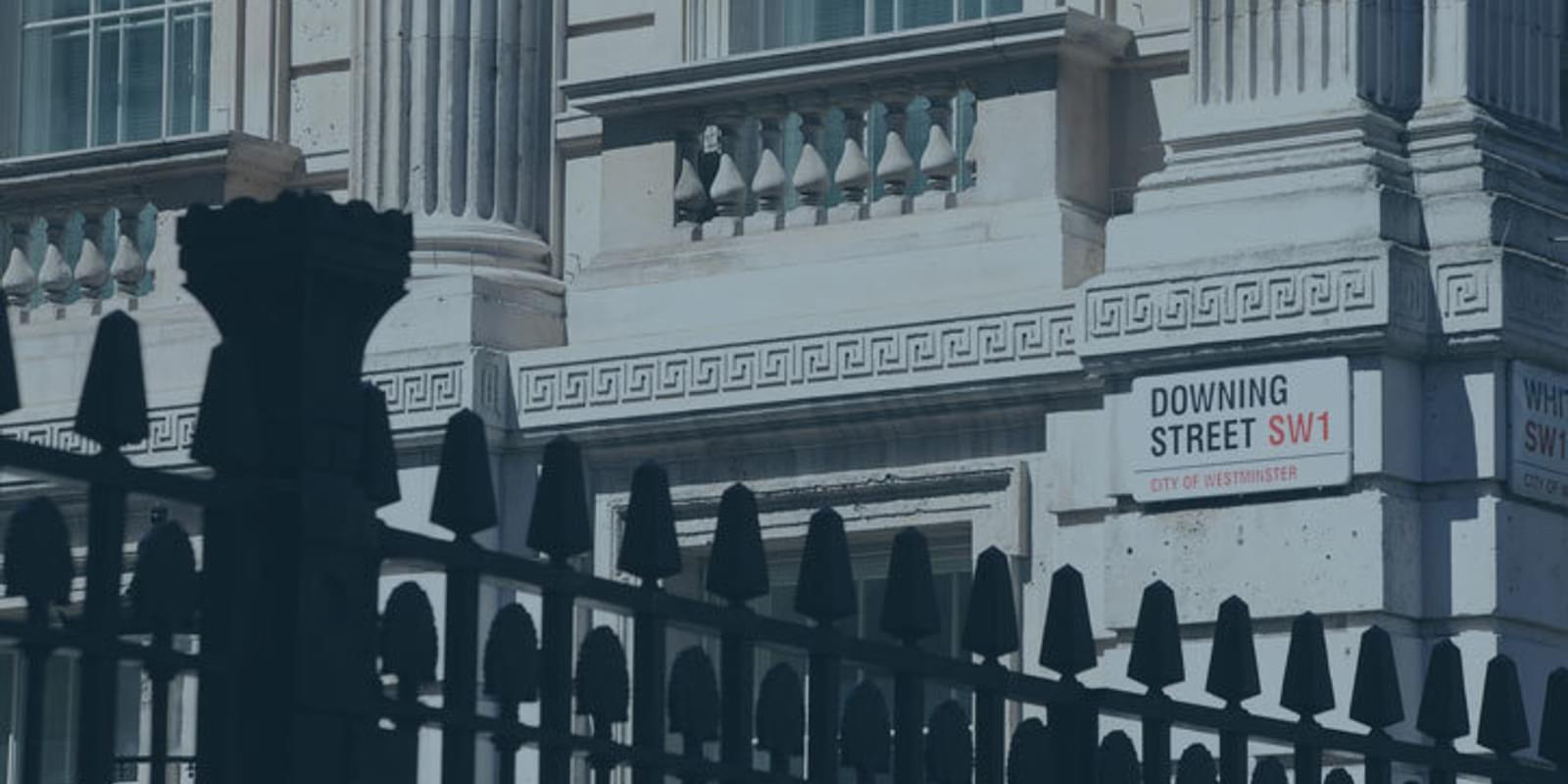What Does Today's Announcement by Kwasi Kwarteng Mean For you?
So, today's 'mini' budget turned out to be more on the 'maxi' side with the Chancellor Kwasi Kwarteng announcing, what he said, would be the the biggest tax cuts in a generation.
The focus appears to be very much on businesses and entrepreneurs, which the Government believes will boost economic growth in the long term.
Our tax team have already begun looking at the small print behind the headlines to assess how the changes will affect both individual and business clients. See below for first thoughts on the changes from directors Jon Miles and Calvin Healy.
Jon comments on the key changes for businesses
"While the interaction between business and personal taxes should always be considered together, for our owner manager business clients, the overriding focus of the Chancellor’s statement was to gamble on stimulating growth in the economy through maintaining the relatively low company tax rates that have been in place in recent years, plus some tax incentives for capital investment by businesses. The Government hopes that UK businesses/entrepreneurs will deliver sufficient growth as a result of these measures to stimulate the economy and consequently benefit workers and families."
- The previously planned Corporation Tax rate rise is to be reversed and so will continue at 19% for all profits after 1 April 2023.
- Annual Investment Allowance for capital expenditure on qualifying Plant and Machinery will remain at £1m “permanently” throughout the remaining period of this Government.
- Businesses in designated areas will potentially save Stamp Duty Land Tax and benefit from favourable capital allowances on certain expenditure on structures and plant and machinery. We understand at this stage that Somerset may be one of the included “investment zones”. We will need more detail to see what, if any, differences this will have to the old Enterprise Zone scheme.
- There was some mention that favourable increases on certain size-based thresholds will be introduced to allow more companies to qualify for Enterprise Investment Relief/Seed Enterprise Investment Relief and Share Option schemes. The rationale presumably being that this may lead to more private investment into entrepreneurial companies and more tax favoured incentives for key employees.
- It was also mentioned that the IR35 rules and the related off-payroll working rules will be simplified, presumably to take some heat out of the labour market in the contracting arena.
- The 2022/23 rate of Class 4 NIC for self employed businesses will end up being a “hybrid” rate as the current 1.25% levy that has applied from 6 April 2022 will be reversed from 6 November 2022.
Depending on your individual circumstances, some of the above business focussed changes then need to be considered in tandem with the relevant personal tax changes announced.

Calvin reviews the key changes for individuals
“It will be interesting to see over the next 6 months to a year how this plays out. The Chancellor has certainly made “the gamble on growth” and is introducing tax measures to stimulate this. However, with the Bank of England working against inflation with interest rates rises, the two blunt tools of “taxes” and “interest rates” are opposed. The “gamble” in effect is that inflation is pegged back and growth stimulated to limit the potential of a long and deep recession."
- National Insurance increases have been scrapped from November 6th this year;
- The basic rate of income tax will be cut to 19p from April 2023, a year earlier than planned;
- The Stamp Duty threshold has been doubled to £250,000, with the first-time buyers' threshold raised from £300,000 to £425,000, both effective from today. For someone looking to move the stamp duty saved on the purchase of a new home worth £340,000 will be around £2,500. For a first time buyer the saving for a home worth this would be lower at £2,000. However, what needs to be factored in here is the effect of Bank of England base rate rises during 2022 which effectively has made the average annual mortgage costs increase by £3,600 a year.
- A single higher rate of income tax of 40%, abolishing the 45% rate for those who earn over £150,000, from April 2023;
- The additional rate for dividends will also be removed from April 2023, meaning between now and then decisions will need to be made in terms of the timing of payments. As things stand any dividend paid before 5th April 2023 will attract tax (in the highest additional tax bracket) at a rate of 39.35%, whereas from 6th April 2023, the effect of the abolition of additional higher rate tax plus reversal of the healthcare levy will see the rate drop to 32.5%. Hence a near on 7% rate reduction;
- Planned beer, wine, cider, and spirits duty rate increases cancelled.
Please get in touch at hello@richardsonswift.co.uk or with the director in charge of your account to find out more about how the changes will affect your personal circumstances.

